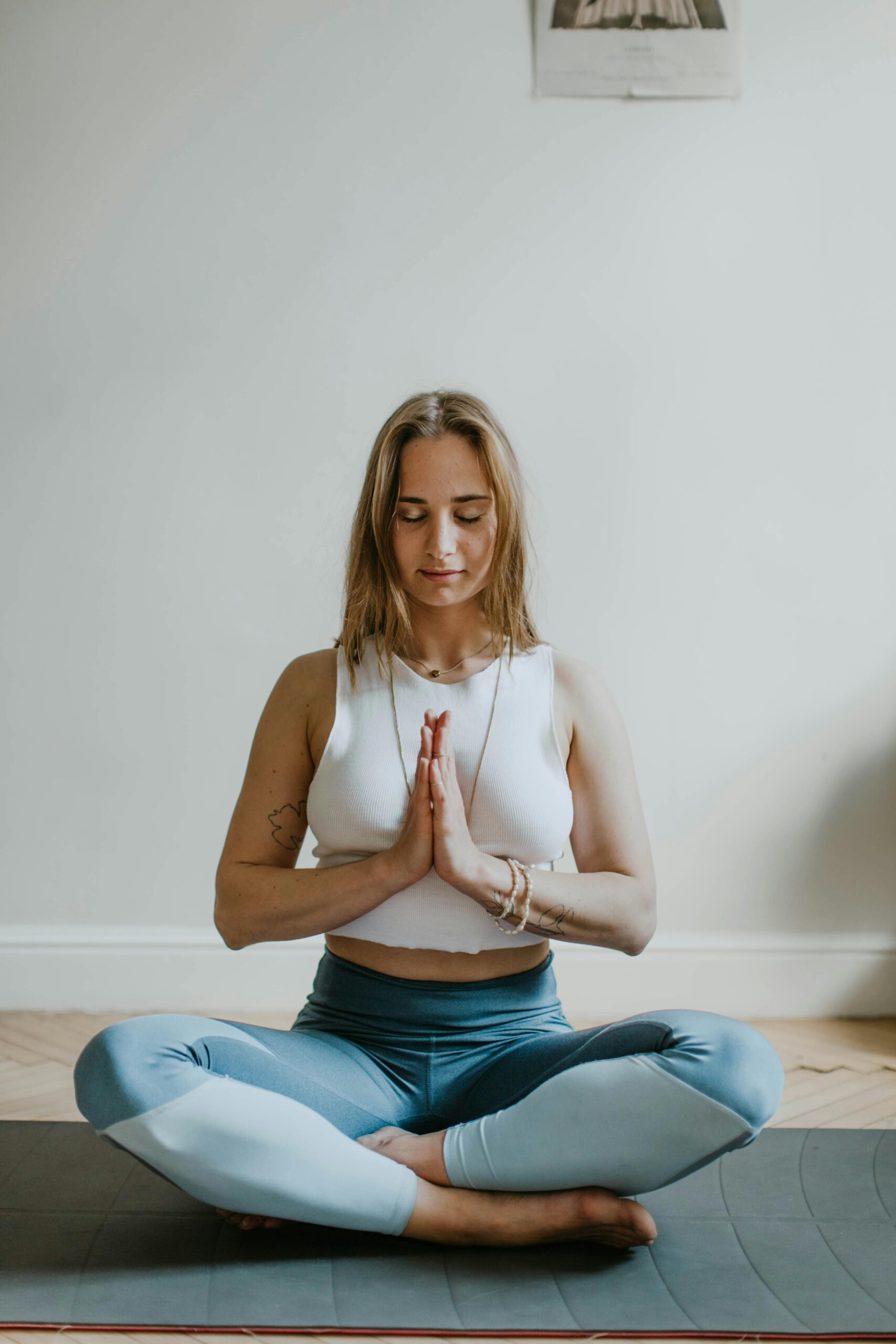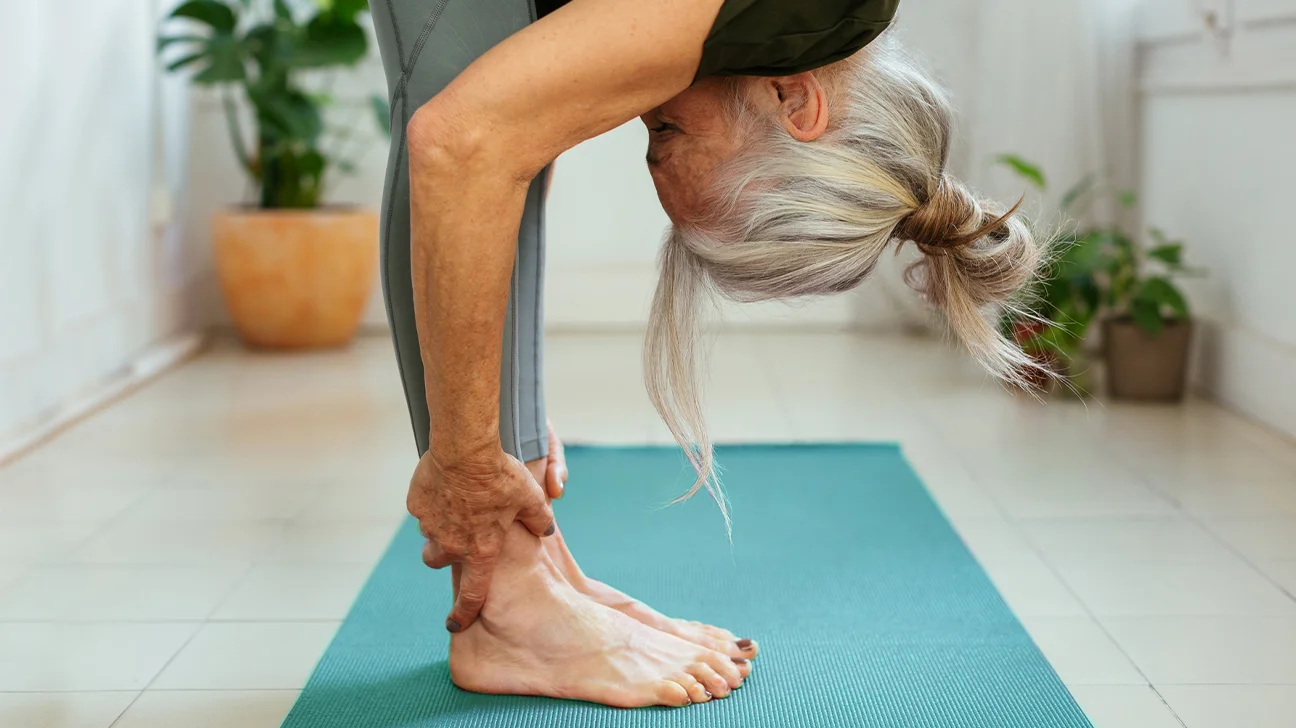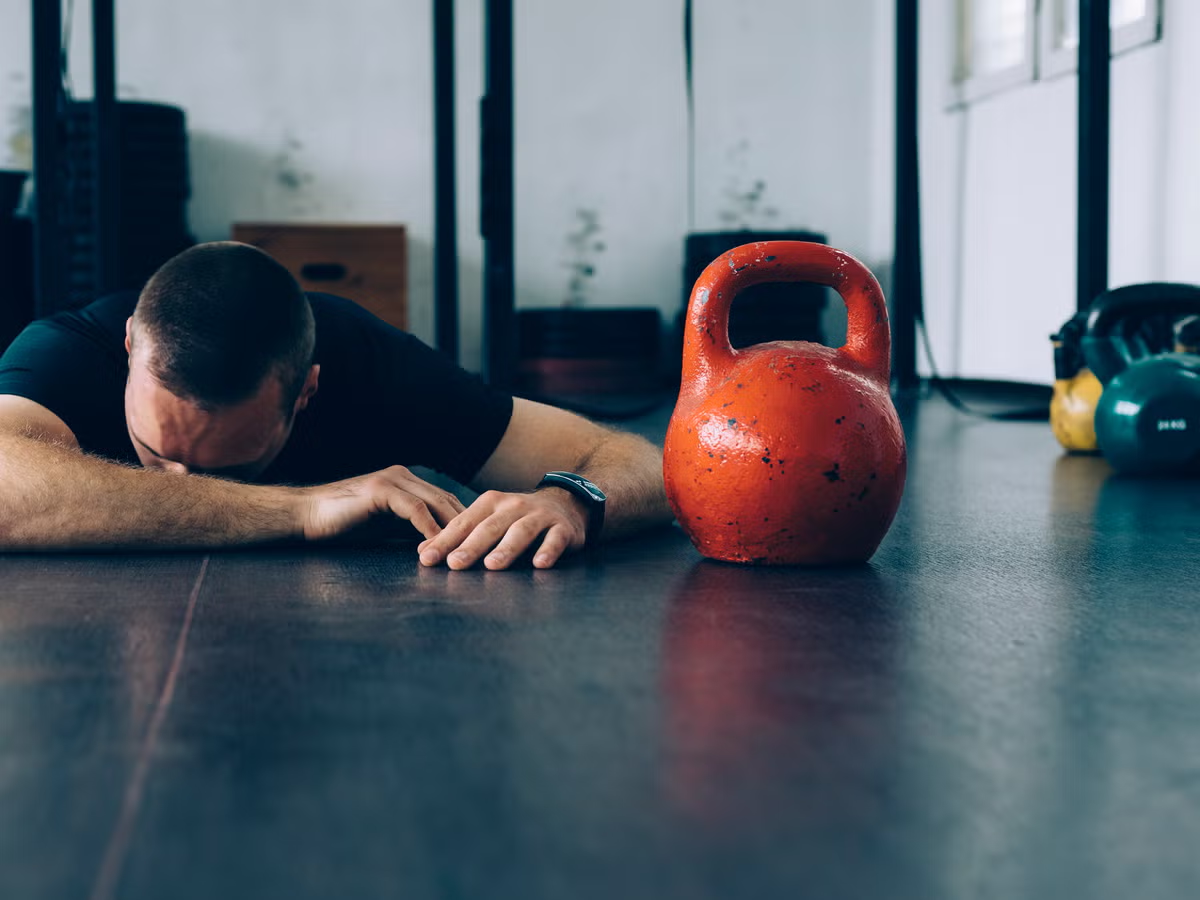A healthy lifestyle is built on long-lasting habits such as eating well, monitoring your weight, exercising regularly and managing your mental health. Even small daily steps can make a big difference.
Here are some tips to help you on your journey towards better health. Although you may not be able to adhere to them 100% of the time, please do your best to incorporate them into your daily routine as much as you can.
1. Do a morning stretch
Stretching in bed before you get out of bed helps to wake up your body, promotes relaxation and improves circulation. It also sets the tone for the day. As you are still in bed, remove the covers and flex your lower legs several times. Lift your legs in the air by bending your knees. While your legs are still raised, rotate your feet from side to side and flex them up and down. Then, slowly turn your head left and right. You can do this by rolling your shoulders. Open and close your fingers and wrists repeatedly.
2. Stay hydrated
Hydration is important for a number of health benefits, including improved digestion, increased brain performance and more energy. Drink water with each meal and after waking up.
3. Floss
Daily flossing is important for maintaining good oral hygiene, but you must do it correctly. Wrap the floss around the middle finger to help you reach the back tooth. Loop the floss around a tooth in a C-shape. Slide the floss up and down several times, starting at the gumline. (Don’t use a sawing movement when moving the floss. The friction will irritate your gums, and you won’t be able to clean the whole tooth. Then, repeat the process on the opposite side of the teeth.
4. Use sunscreen
The best way to protect your skin from damaging rays is by using sunscreen. Apply a facial moisturizing cream that has an SPF of 30 or more after washing your face. You can also mix equal parts of sunscreen with a moisturizer. Cover your face, neck and ears with one or two dollops the size of a nickel.
5. Go wild
If you want a healthy snack, choose unsalted nuts like cashews, almonds, walnuts and peanuts. These nuts and seeds are rich in nutrients that can help you avoid cravings for processed foods. Keep your portion of nuts to the size of a palm.
6. Nap
A nap in the afternoon can help to recharge your body and boost your cognitive function. A study by General Psychiatry published online on January 25, 2021, found that nappers performed better on cognitive tests compared to non-nappers. Researchers found that shorter naps, lasting no longer than 30 minutes and occurring no more often than four times per week, were most beneficial. Use a timer to avoid oversleeping and schedule naps in the afternoon.
7. Break some moves
Small bursts of movement can be used to break up long periods of sitting. Dance across the room instead of walking. While brushing your teeth, inhale deeply for 30 seconds. This will activate your abdominal muscles. Push-ups or air squats (10 on the floor or the counter) or 10 on the counter. Stand up twice every time. That is, stand up, then sit down and get back up.
8. Take a break
The alternate-nostril breath, where you breathe in and out through only one nostril, helps reduce stress. It slows your breathing rhythm, forcing you to take full, deep breaths. Close one nostril with a finger or a thumb and breathe slowly in and out of the other nostril. Close the other nostril after about 5-10 breaths and then repeat the pattern. Try inhaling one nostril while the other is closed. Then, change the finger/thumb position and exhale through the closed nostril. Inhale, then close that nostril and exhale the other. This should be repeated for a couple of minutes.
9. Have a hobby
A study by Nature Medicine published online on September 11, 2023, suggests that people who have a hobby are happier and healthier. A hobby involves creativity, sensory stimulation, self-expression and relaxation. A project kit can help you learn a new skill, such as gardening, building models, carving wood or making jewellery, beer, soap or hot sauce. Kits include instructions and materials to get you started. Kits can be found in local bookshops and hobby shops or online. Just type “how to kits” or “project kit” into your search engine.
10. Be Social
Social interaction can help to prevent loneliness, depression, and cognitive decline. Make an effort to engage in social interaction every day. Send an email, chat with your neighbour, or make a call. You can also create your social group — a small and intimate group with whom you meet regularly for coffee or to converse over Zoom calls. You can also have casual conversations, for instance, with an employee at the grocery store or a stranger.



